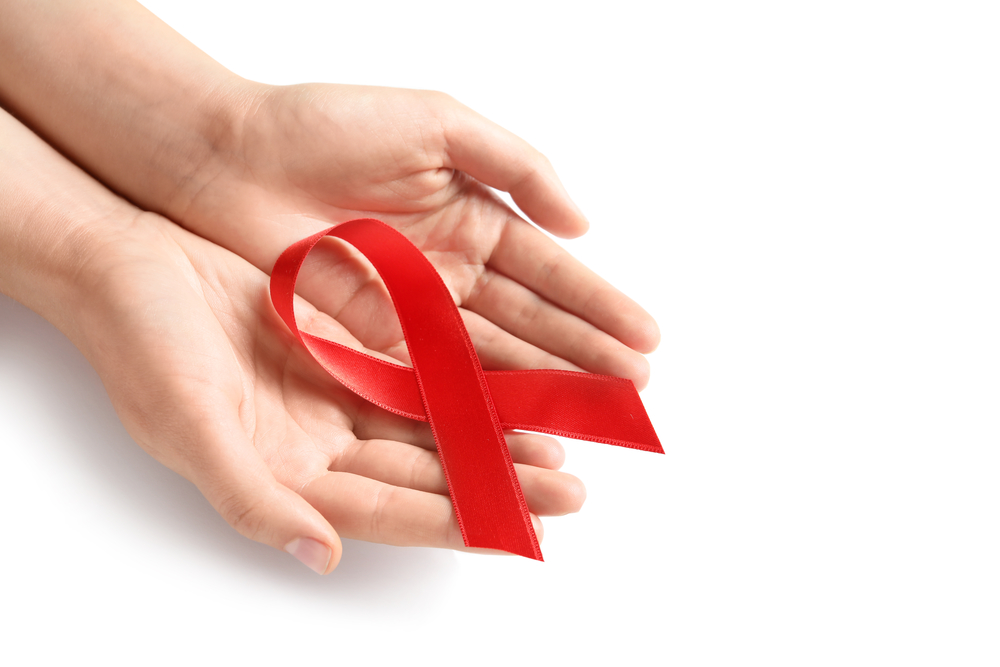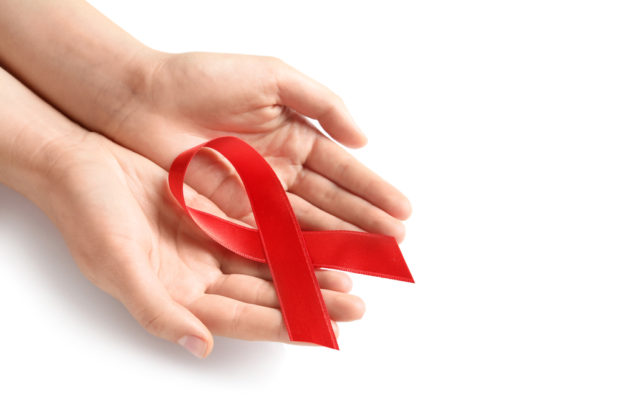Have you ever had a professional oral cancer screening?
An estimated 53,000 people will get a diagnosis of oral cavity or oropharyngeal cancer this year. This translates to more than 145 new cases every single day! As if that weren’t scary enough, over 20 percent of these individuals will die as a result of the disease.
The good news is, when oral cavity and oropharyngeal cancer is diagnosed in the early stages, treatment stands a very strong chance of success. As this April marks the 20th annual Oral Cancer Awareness Month, now’s the ideal time to learn more about the disease.

Signs & Symptoms of Oral Cancer
Cancer can develop in any part of the oral cavity — including the inside of the lips and cheeks, the gums, the tongue, below the tongue and the roof of the mouth – or the oropharynx, which includes the throat, the tonsils, the soft palate and the base of the tongue.
Knowing the key warning signs and symptoms of oral cancer can help you spot the disease early on, when it’s more easily treated. If you notice any of the following, schedule a cancer screening as soon as possible:
- A sore or ulceration that isn’t going away
- Red, white, black or discolored patches
- A lump or hard area in the soft tissues
- A growth that bleeds when touched
- Pain or numbness in the mouth or lips
- Ongoing hoarseness or sore throat
- Difficulty swallowing or moving the tongue
Risk Factors for Developing Oral Cancer
While anyone can develop the disease, research shows that a number of factors increase the risk of oral cavity or oropharyngeal cancer. These include:
- Smoking or using another form of tobacco
- Drinking a heavy amount of alcohol
- Spending time outside in the sunlight without protection
- Human papillomavirus (HPV) infection
- Poor nutrition, with a diet low in produce
- Weak immune system due to disease or medication
- Graft-versus-host disease, a condition related to stem cell transplant
- Inherited mutations or defects in certain genes
- Family history of cancer in the mouth, neck or face
Gender and age also factor into the equation. Oral cavity and oropharyngeal cancers are more than twice as likely to strike men than women, and people over 55 are at a greater risk of developing the disease.
Schedule a Professional Oral Cancer Screening Today
The odds of beating cancer of the oral cavity or oropharynx region are greater the earlier the disease is detected.
Experts recommend conducting monthly self-exams in front of a mirror at home, looking for any abnormalities or changes in the mouth tissues. In addition, everyone should schedule regular professional screenings. A local oral surgeon with expertise in conditions of the face, mouth and neck may identify early warning signs that patients can easily miss.
For a professional oral cancer screening in the greater east central Indiana area, turn to the highly-qualified team at Richmond Oral and Maxillofacial Surgery.
Dr. Partridge and Dr. Alderman, our board-certified surgeons, have over a decade of experience in the diagnosis and treatment of oral cavity and oropharyngeal cancer. For more information or to schedule a professional oral cancer screening, contact us today.

